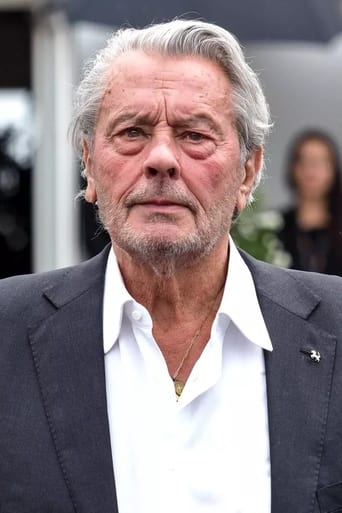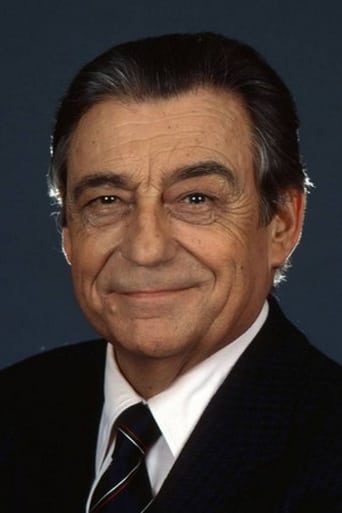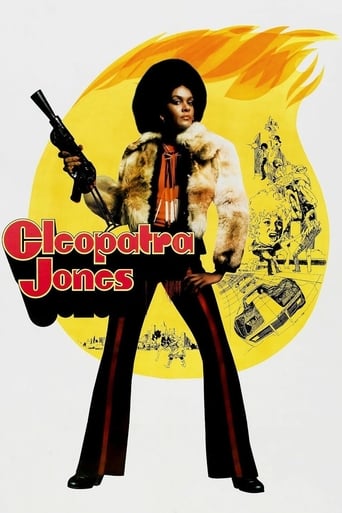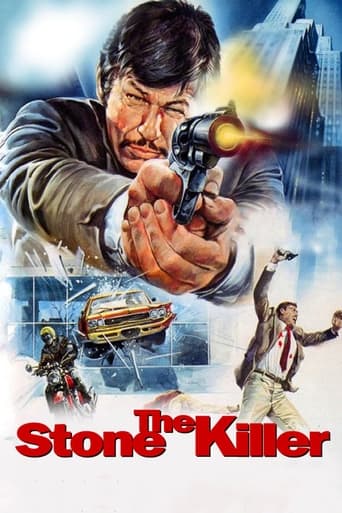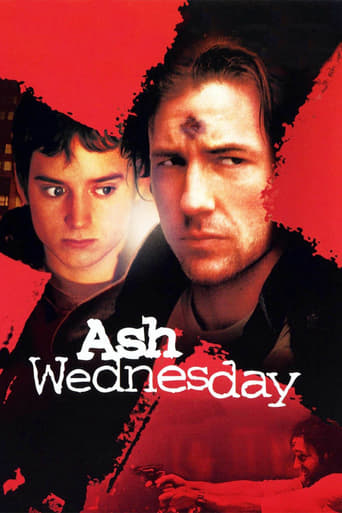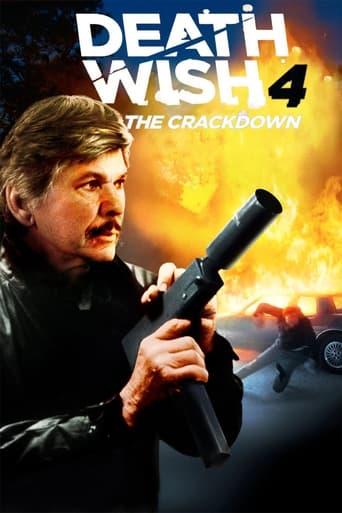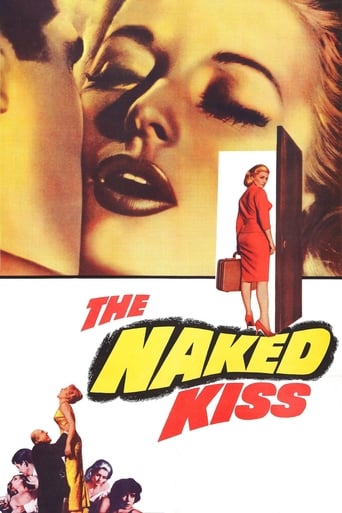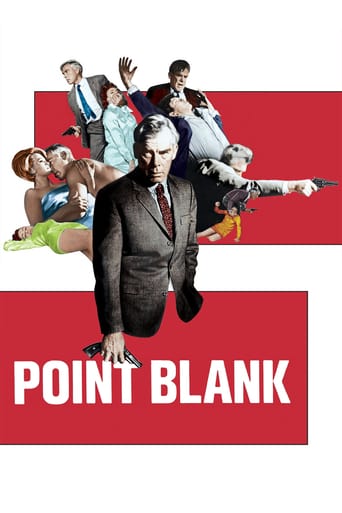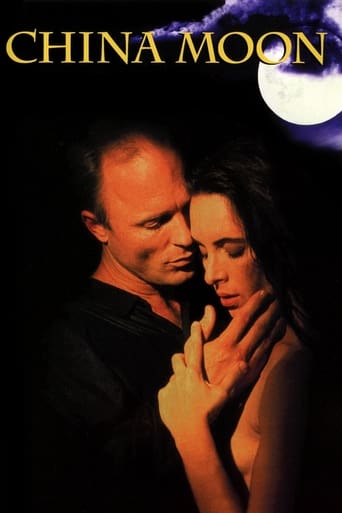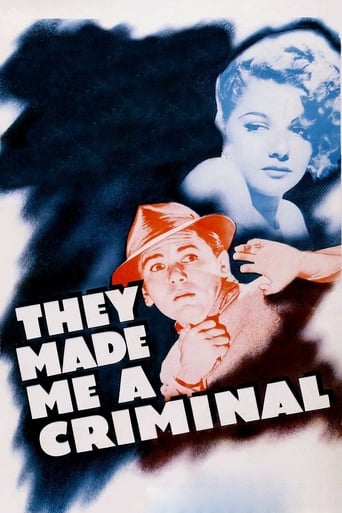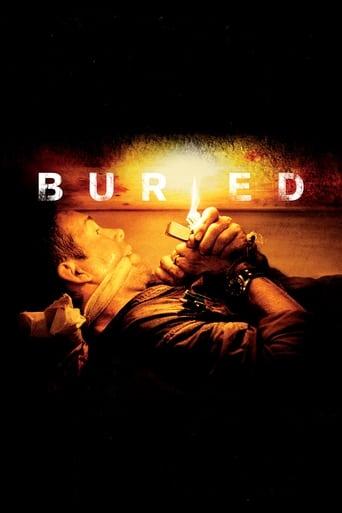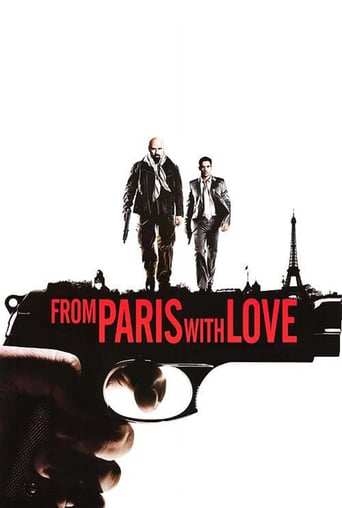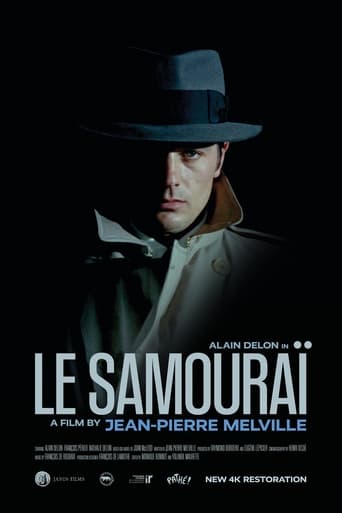
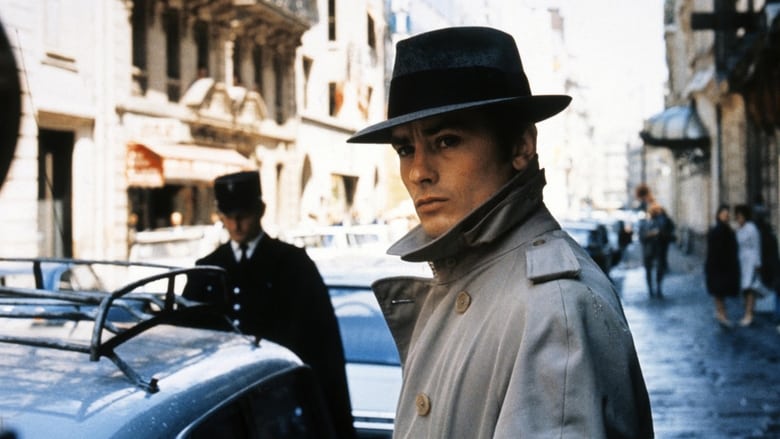
Le Samouraï (1972)
After carrying out a flawlessly planned hit, Jef Costello, a contract killer with samurai instincts, finds himself caught between a persistent police investigator and a ruthless employer, and not even his armor of fedora and trench coat can protect him.
Watch Trailer
Cast


Similar titles
Reviews
A hitman is hired to execute a nightclub owner . Upon completion several people witness the caped man including the pianist, the bartender, and the host .Police are called in to investigate and the chief detectives orders a roundup of all "suspects" with top hats and overcoats . Due to 50/50 witness testifying and Costello's cold demeanor , the chief orders his men to tail the hitman and uncover his tracks .After Costello's release his employers suspect he may be trailed , and order for his execution aswell . Joe decides to find the people who ordered the hit , before they find him - all the while dodging the police's trails and mouse-trapsThe Caper Thriller that inspired a new-age of filmmakersSlick spy/detective storytelling featuring: staged alibis, police rigging and tracking, contract killer's collaborators8.5/10 -- Classic Crime Drama
What a delight! I remember having seen Le Samouraï as a teenager 50 years ago, during the short few years of ideological and artistic de-icing of the Romanian communist regime between 1964 and 1968, when some of the world cinema crossed the Iron Curtain and hopes to re-connect Romania and Eastern Europe with the rest of the world were growing high. These hopes were cut short by the Soviet invasion of Czechoslovakia and the melting of the Iron Curtain postponed by more than 20 years. Yet, in that period, a few fine movies were allowed to be seen in the East (some of them 'shortened' the scissors of censorship) and this lot included this fine gangster movie, a capitalist product with no moral message, not one that could be explained to the revolutionary masses in any case.Half a century later I had the feeling to live again some of the sensations at the first screening. I remembered the dark room, the smoke of the cigarette, the tweets of the bird, the raincoat and the hat. Alain Delon's look. Nathalie Delon's sex appeal. Cathy Rosier's mystery. The Citroen car and the garage where number plates were switched. The streets of Paris which for me at that time looked like a city from another planet, a place I will never be able to put the feet in.Of course, I have learned a few things about cinema in this period of time. I can now trace the predecessors of Le Samouraï in the American gangster movies of the 30s and I know that the raincoat was inherited from Humphrey Bogart. I can also identify countless successors that were inspired by this film. Jean-Pierre Melville's work aged beautifully and this is due to the minimalist approach that reduces details to the exact amount necessary to create the suspense and describe the situations, to a story which is smart, complex and makes sense from all angles you analyze it, to the magnetic power of the principal actors and to the cool chemistry constructed between them. A film noir for eternity.
"Nothing to say?" "Not with a gun on me." "Is that a principle?" "A habit."This film was directed brilliantly by Melville, who deals away with expository dialogue, action set-pieces and any semblance of a backstory. Not a second of this film is wasted with such trifles, the story is instead told through character actions and not through words (the first 10 minutes of the film are actually wordless).Our protagonist is Jef Costello (Alain Delon), a killer for hire, who has got wearing a fedora down to almost an exact science. He is hard as nails, cool as ice and suave as hell. The story follows him as he judiciously establishes himself an alibi, kills a club owner, is then taken in by the police, slips through a lineup, gets betrayed by his employers and is then stalked through a dreary Paris by the police and his employers alike, all the while realizing his own plan to take revenge.Melville's Paris always looks like it's either about to rain or it just did (when it's not actually raining). Both interiors and exteriors are perpetually drenched in grays and blues. Melville drains the entire film of color much in the same way that he drains his characters of words, that way both Paris and Jef feel cold, solitary and distant.Le Samourai is expertly crafted, effortlessly stylish and, I think, definitely worth seeing.
The film starts with a silent (almost) ten minute sequence showing a man getting out of bed, stealing another man's car, getting the license plates removed, going to a woman's house and finally, killing a man.What we find out is that this is all a meticulous plan by Jef Costello, a hit-man. This isn't an evil person, however, just one who's personality (or lack there of) makes it so that being a hit-man is the only thing he CAN do. Jef is cold and clinical not only because he has to be, but because that's simply the way he is. He seems emotionally detached and distant, seemingly using people simply as tools to get through the incredibly lonely life he has become a part of. In fact in many scenes where we believe he has some genuine emotion, we seem to be proved wrong, such as when we find out he is not just keeping his pet bird as a pet, but an alarm to warn him of invaders. However, throughout the whole film we see this side of him, but we sense he is not an evil person. He doesn't kill for the joy of killing, but because he is a hit-man and that is what he does. It seems to be the only possible path he could've taken in life. Later, in a scene involving a man invading Jef's house for reasons I won't get into right now, he ends up with a gun pointed at his face. But when he reverses the situation and ends up with the gun in his hand, once he gets the information he needs he doesn't kill the man, although he has no reason not to. It is at this moment when we first begin to see emotion in him. Later when he is fumbling to find the right key for a stolen car in a VERY intense scene, we see genuine fear in his face. In fact, we even find out through clever editing that Jef never kills a man before the other man is about to shoot him. We even find out that Jef actually cares deeply about a woman that he only seemed to be using for an alibi earlier in the film when he shows up at her house for no other reason than to tell her "everything will be OK" as a sort of goodbye before he goes off to kill the man that has been trying to kill him. Once he is done with that, the cops are still on his tail and he knows that he has no hope, so he goes back to the bar where he killed the man in the first scene of the movie. He overtly puts on white gloves, walks up to the woman that betrayed him earlier in the film and pulls out a handgun only to be shot down. However, it is revealed this handgun was unloaded, showing he had no intention of killing her because he can't bring himself to kill a person that is not threatening him, while also showing this was a passive suicide not only to stop the police and criminals from harassing the only woman he cares about, but also showing the woman at the bar what she'd done to him by betraying him.I rambled a lot in this one and I didn't even have time to touch on everything, but the point is this: fantastic character study, incredibly tense thriller, amazingly directed, acted, edited, etc..., and perfect soundtrack. Has the meticulous care of the main character. Pretty much perfect in general.


